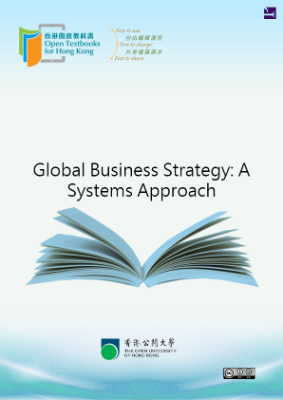A mindset
You might have already heard about something called “the entrepreneurial mindset.” You know it has something to do with entrepreneurs and starting your own business, but what is it, really? What does it mean to be entrepreneurial? What are entrepreneurs like, and what do they do?
The entrepreneurial mindset is marked by imagination, initiative, and a readiness to undertake new projects. It is perseverance and determination, risk-taking and daring, integrity and honesty. Entrepreneurs change the world in concrete ways through their inventions, their businesses, their social and economic impacts[1]. The term “entrepreneurial” can apply to individuals, teams, or entire organizations.
What are entrepreneurs like?
While entrepreneurs have widely varying personalities and don’t fall into a cookie-cutter mold, most successful entrepreneurs share a set of common characteristics. These include:
- A participatory management style—they’re willing to share power
- A high need for achievement
- Supervisory and/or sales experience or skills
- Persistence—they’re not easily discouraged
- Willingness to live with uncertainty, particularly financial uncertainty
- Open-minded—willing to listen to constructive criticism
- Flexibility—they have the ability to change when data shows they’re going down the wrong path
Of course, another thing entrepreneurs have in common is the ability to bounce back from failure. Since it is entrepreneurs who are out there pushing the boundaries and changing the world, it’s inevitable they will make mistakes. An important characteristic of entrepreneurs is that they are good at failure: the entrepreneur sees failure as a temporary setback, an investment in education, an opportunity to learn and to do better next time. Winston Churchill summed this up best when he said, “Success is the ability to go from failure to failure with no loss of enthusiasm.”
What do they do?
Here’s a standard definition of what entrepreneurs do:
Entrepreneurs habitually create and innovate to build something of recognized value around market opportunities.
There’s a lot to those fourteen words; let’s take apart the definition and investigate each term.
- Habitually— they cannot stop being entrepreneurial
- Create— they start from scratch and bring into being something that was not there before
- Innovate— they’re able to overcome obstacles that would stop most people, turn problems and risks into opportunities, deliver, and see ideas through to final application
- Build something— the output of the innovation process
- Of recognized value— encompasses economic, commercial, social, or aesthetic value Market opportunities— to exploit a recognized market need











